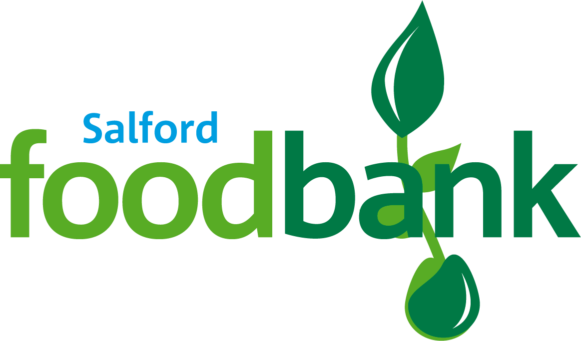About
How foodbanks work
Providing emergency food to people in crisis.
Every day people in the UK go hungry for reasons ranging from redundancy to receiving an unexpected bill on a low income. A simple bag of food makes a big difference, with foodbanks helping prevent crime, housing loss, family breakdown and mental health problems.
Food is donated
Schools, churches, businesses and individuals donate non-perishable, in-date food to a foodbank. Large collections often take place as part of Harvest Festival celebrations and food is also collected at supermarkets.
Food is sorted and stored
Volunteers sort food to check that it’s in date and pack it into bags ready to be given to people in need. Over 40,000 people give up their time to volunteer at foodbanks.
Professionals identify people in need
Foodbanks partners, from a wide range of care professionals such as doctors, health visitors, social workers and police, identify people in crisis and issue them with a foodbank voucher code.
Clients receive food
Foodbank clients bring their voucher code to a foodbank centre where it can be redeemed for three days’ emergency food.
Following two years when we were, in many ways, disconnected from our clients as a result of Covid-19 and Social Distancing, we are now able to spend ‘quality time’ with our clients.
In most of our Distribution Centres volunteers are able to meet clients over a warm drink and a chat, and together with our own trained team of specialist signposters and Professional Financial Advisors are able to signpost people to agencies able to solve their longer-term problems.
